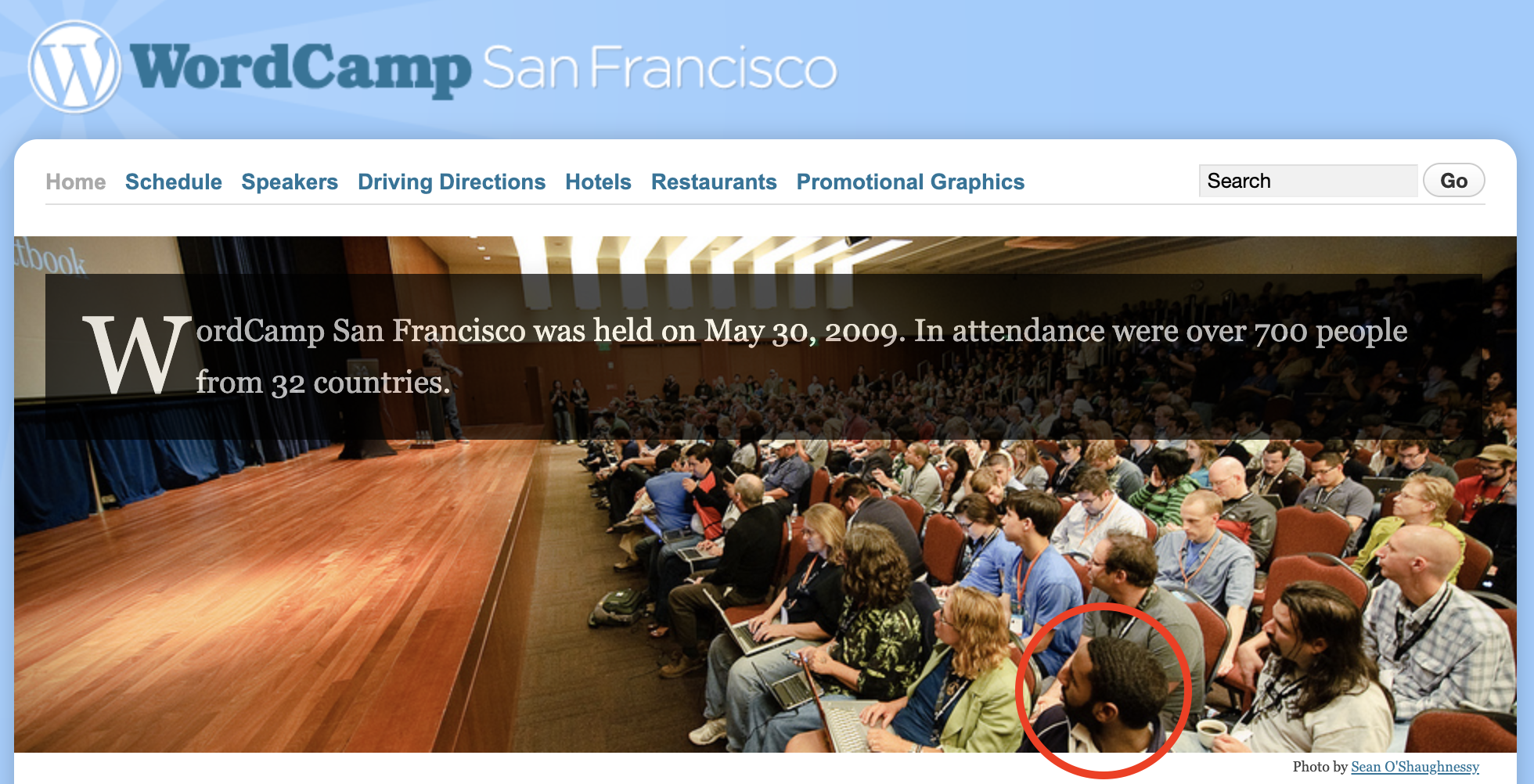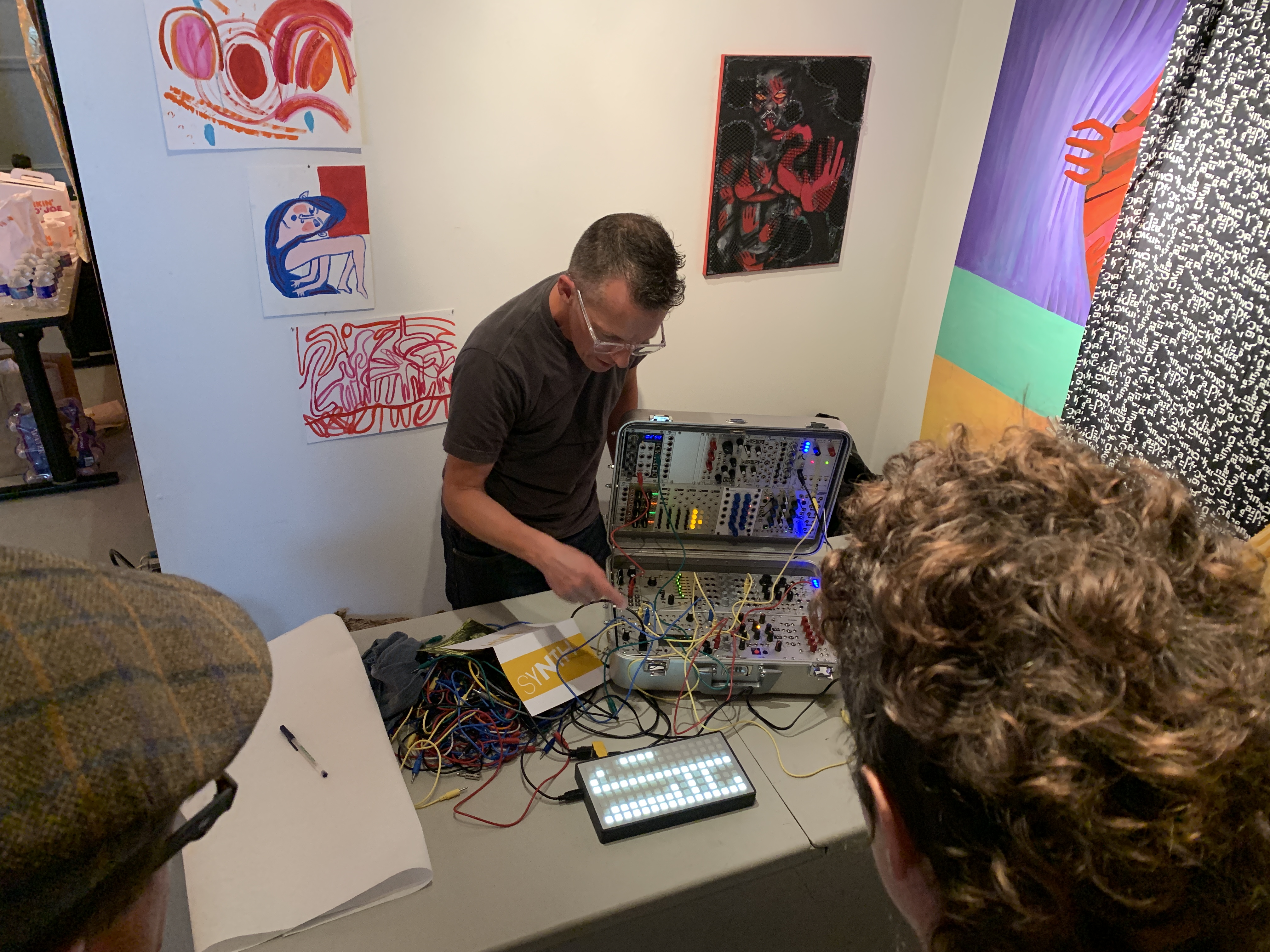So far, web3 stakeholders (eg engineers, investors, enthusiasts) overlook and underestimate the role of libraries and archives — both their expertise in curating and preserving cultural assets, but also their mission of contributing to public good rather than commercial gain.
They are not entirely to blame however. The libraries and archives community has been victim of well-documented, predatory commercial behavior, producing a justified mistrust and skepticism towards emerging tech trends. But this shouldn’t be met with resistance or surprise, as many of those same problems were created by Web 1.0 and 2.0 — problems that should resolve themselves as technology advances.
It’s quite unfortunate because web3’s core principles of decentralization, democratic governance, privacy and anonymity, among others, are very much so in line with the code of ethics librarians and archivists are tasked with upholding since earning their credential.
In spite of the current chasm between these two highly educated and well-intentioned communities, I’m quite optimistic that we’re experiencing the perfect storm of societal events to bridge the gap. In theory, there’s a perfect marriage between a broad range of thorny problems the library community identifies (eg patron privacy, data ownership, predatory publishing) and solutions web3 creates (eg decentralization, wallets, DAOs, NFTs). The challenge is thoughtful execution.
Take for example patron privacy. It’s a tenet of librarianship to uphold a patron’s ability to pursue scholarship freely without fear of surveillance or retribution. But Web 2.0 platforms require username, pw, and other PII. In web3, no PII is required — just connect a wallet.
Consider data ownership. Universities have been ceding ownership over their data to commercial software vendors that require cloud hosting with problematic pricing and policies. In web3, infrastructure is open source by default, playing to the strength of @educause and others.
The most obvious opportunity for libraries and web3 is a viable solution to combat predatory publishing. Decentralized Autonomous Organizations (DAOs) present an upgrade to existing consortial governance models enabling a dramatic increase buying power and transparent governance. One example of the potential for collaboration is an overnight project for everyday people to purchase the U.S. Constitution called ConstitutionDAO. That inspired other projects like SwartzDAO to purchase scholarly journals and publishing houses.

There is admittedly a steep learning curve to web3 for libraries. With the rate of change in the space, the knowledge gap is only growing. Each library and professional association would benefit by assigning one or more people with researching the space against their strategic priorities. To aid in this effort, Skilltype has curated several learning feeds compromised of canonical videos, articles, and podcasts on web3 and over a dozen related topics such as decentralization, NFTs, DAOs, and more: https://app.skilltype.com/tag/2178.




